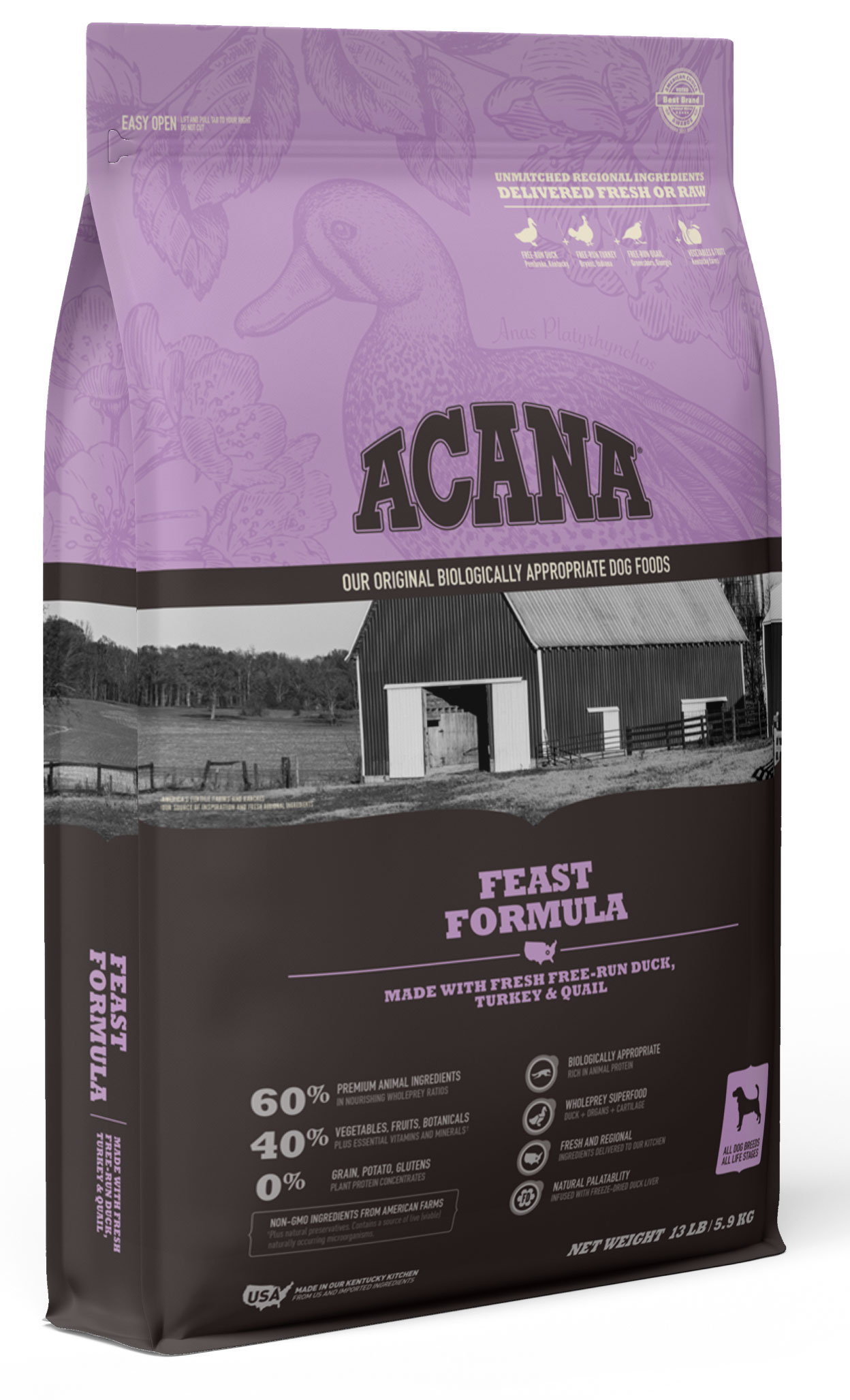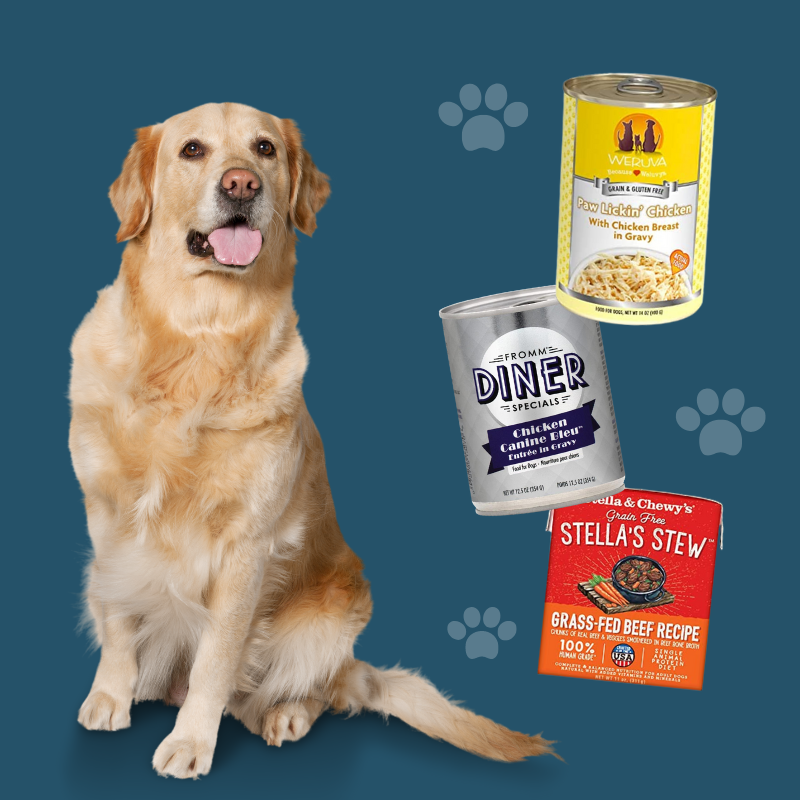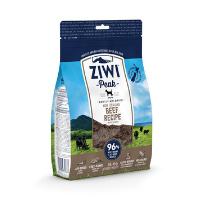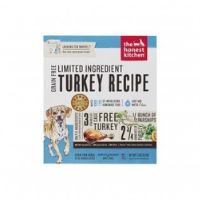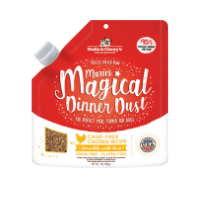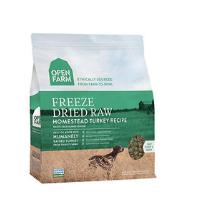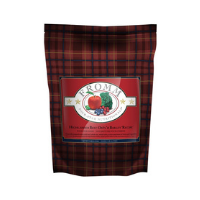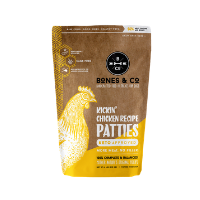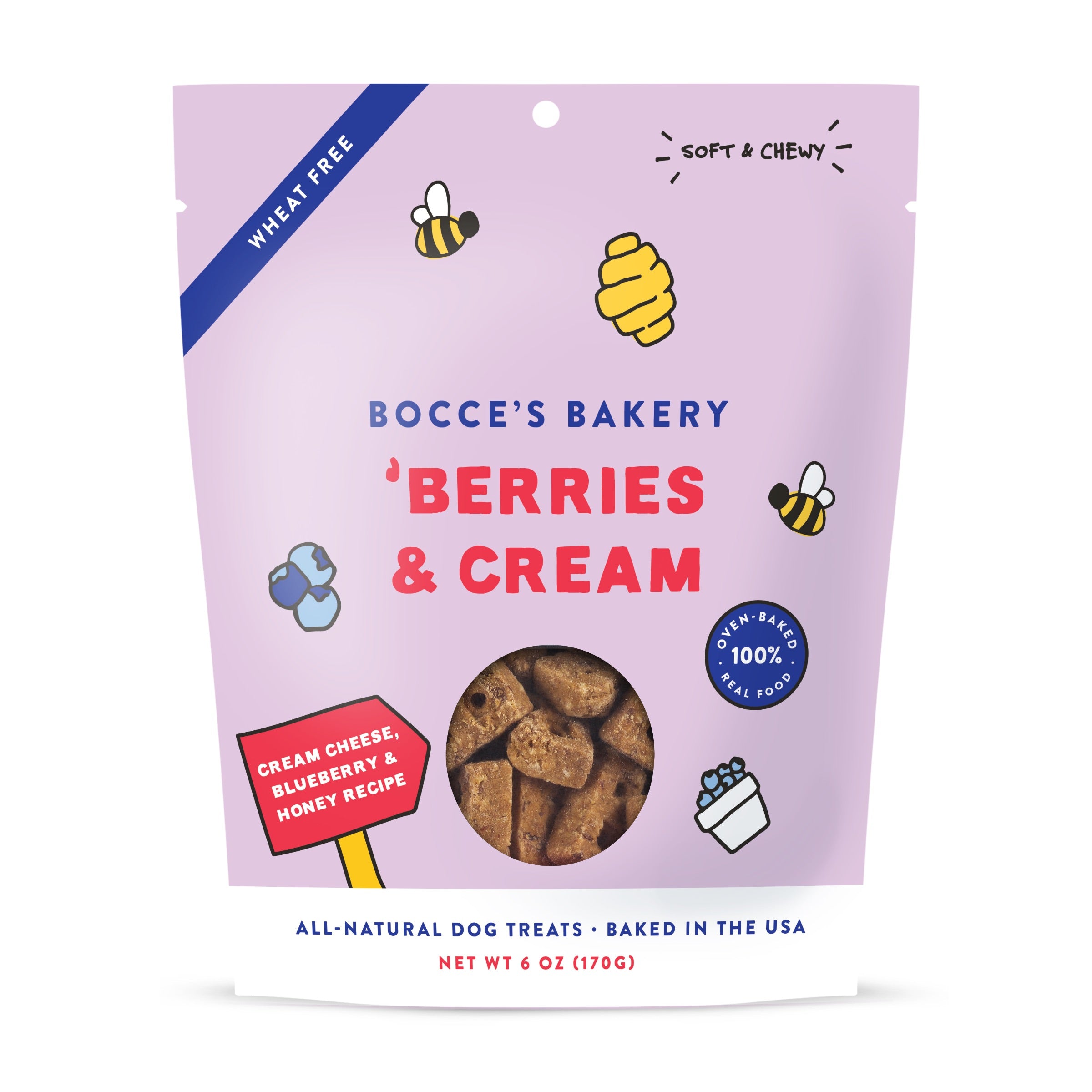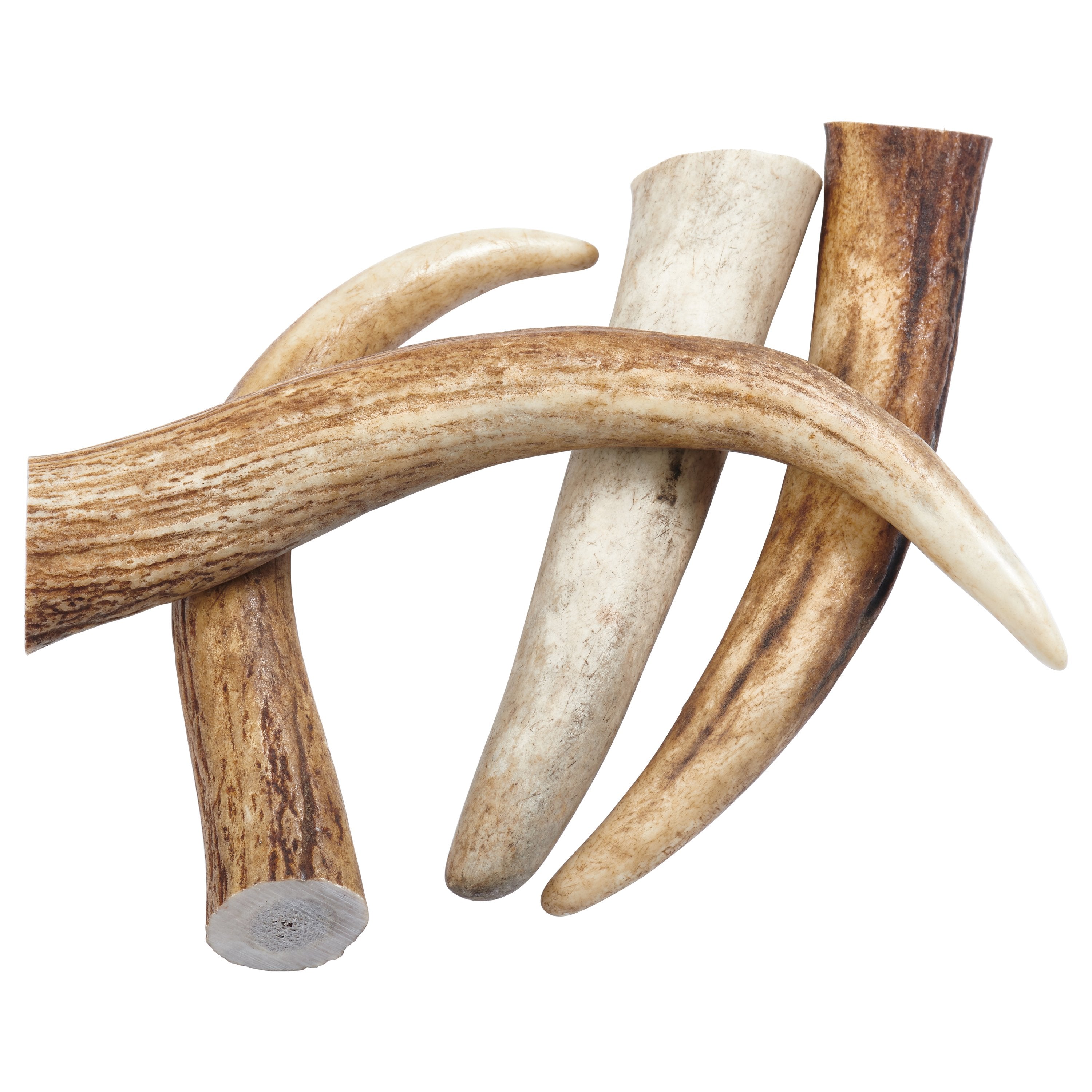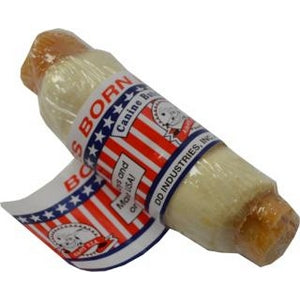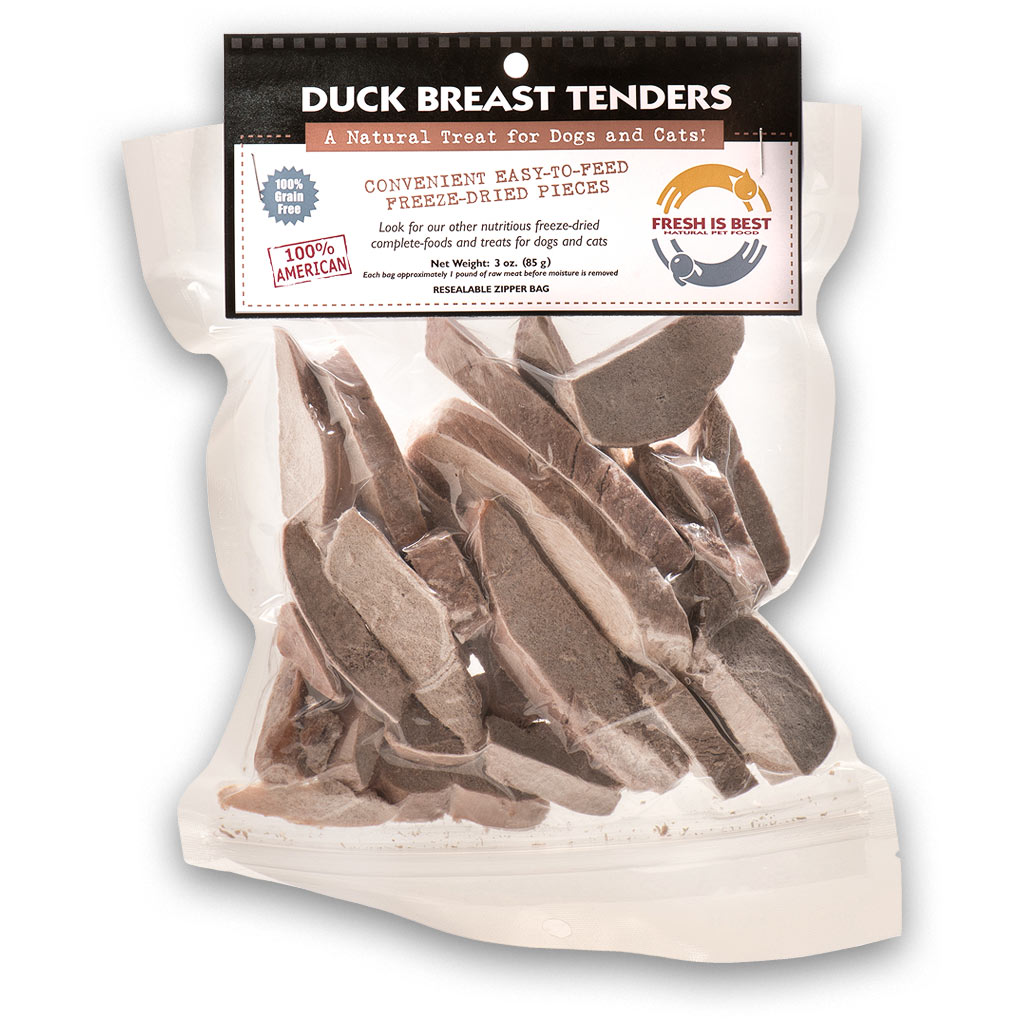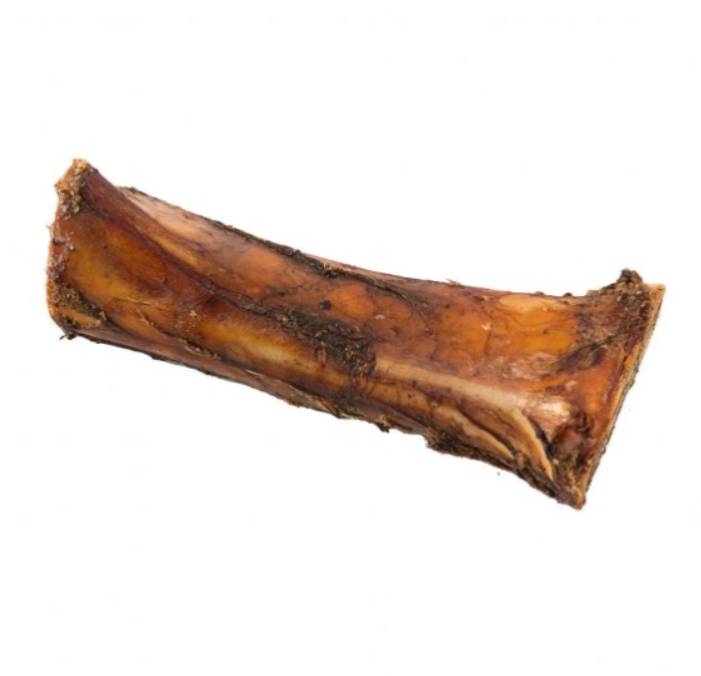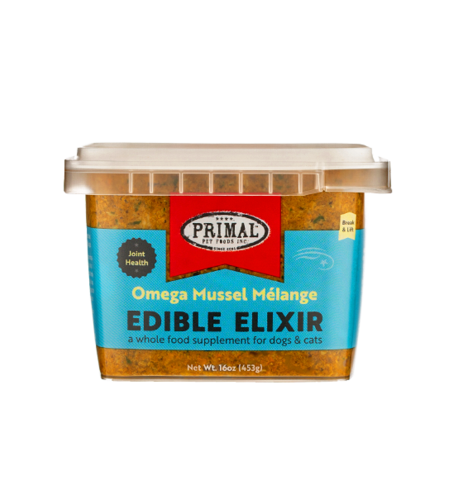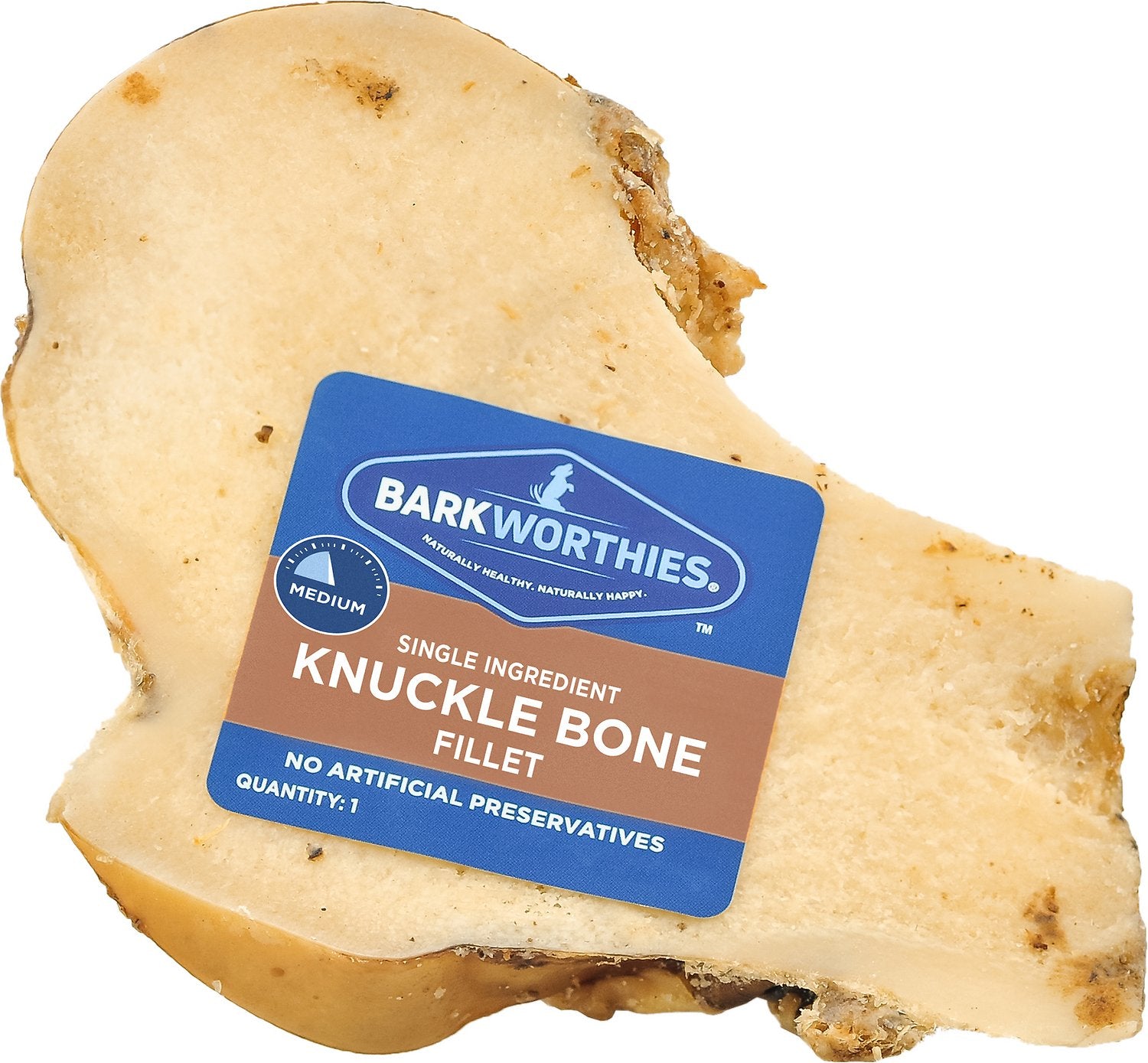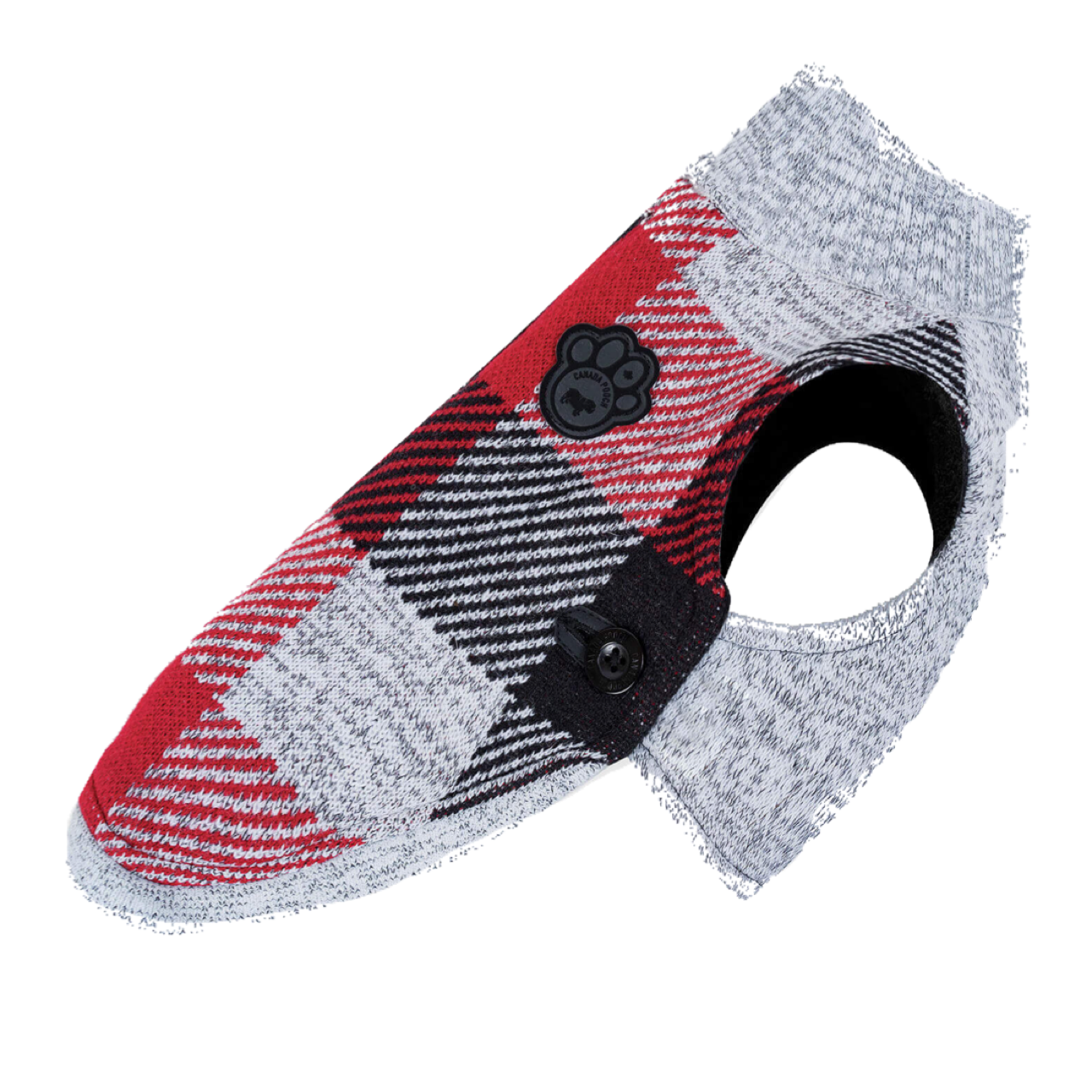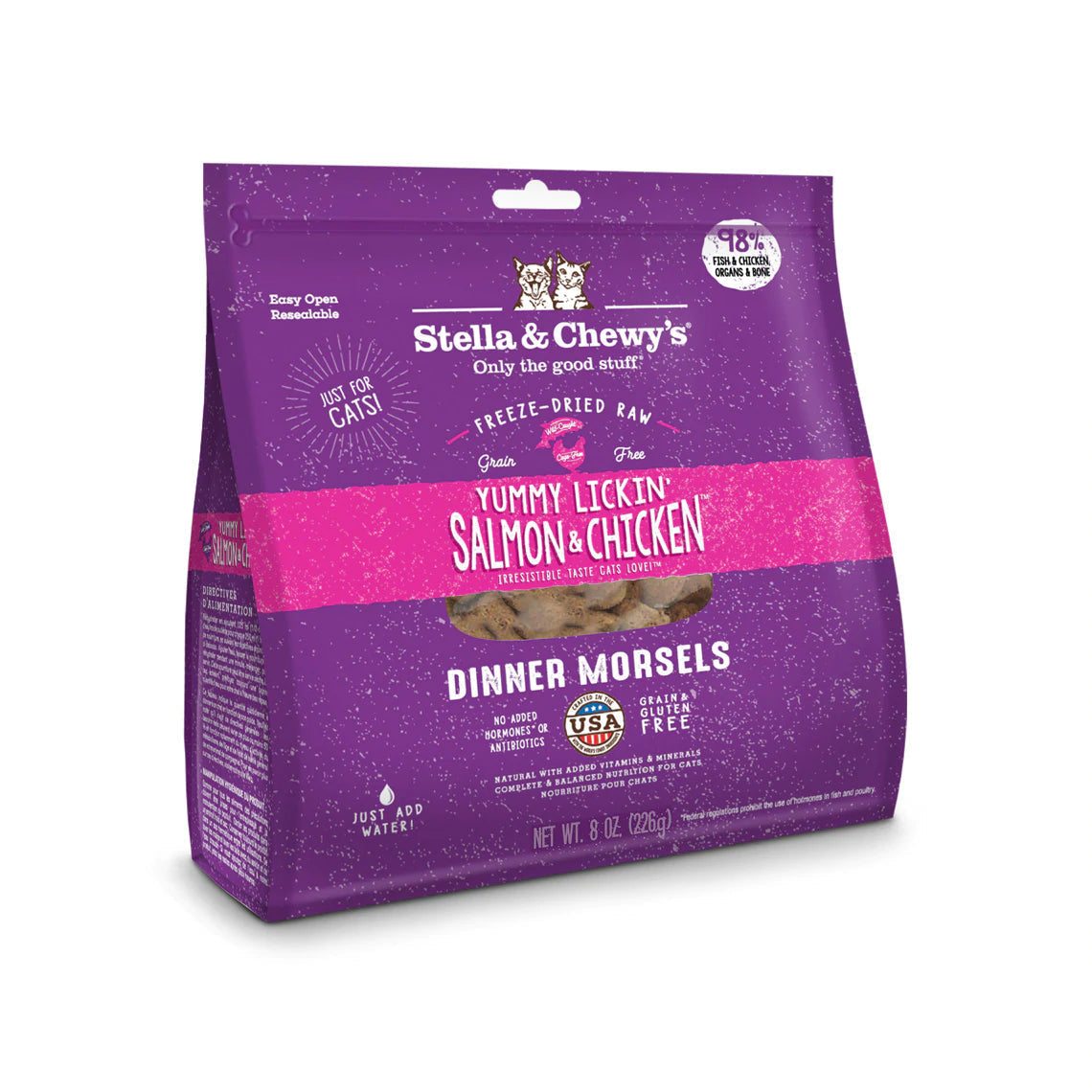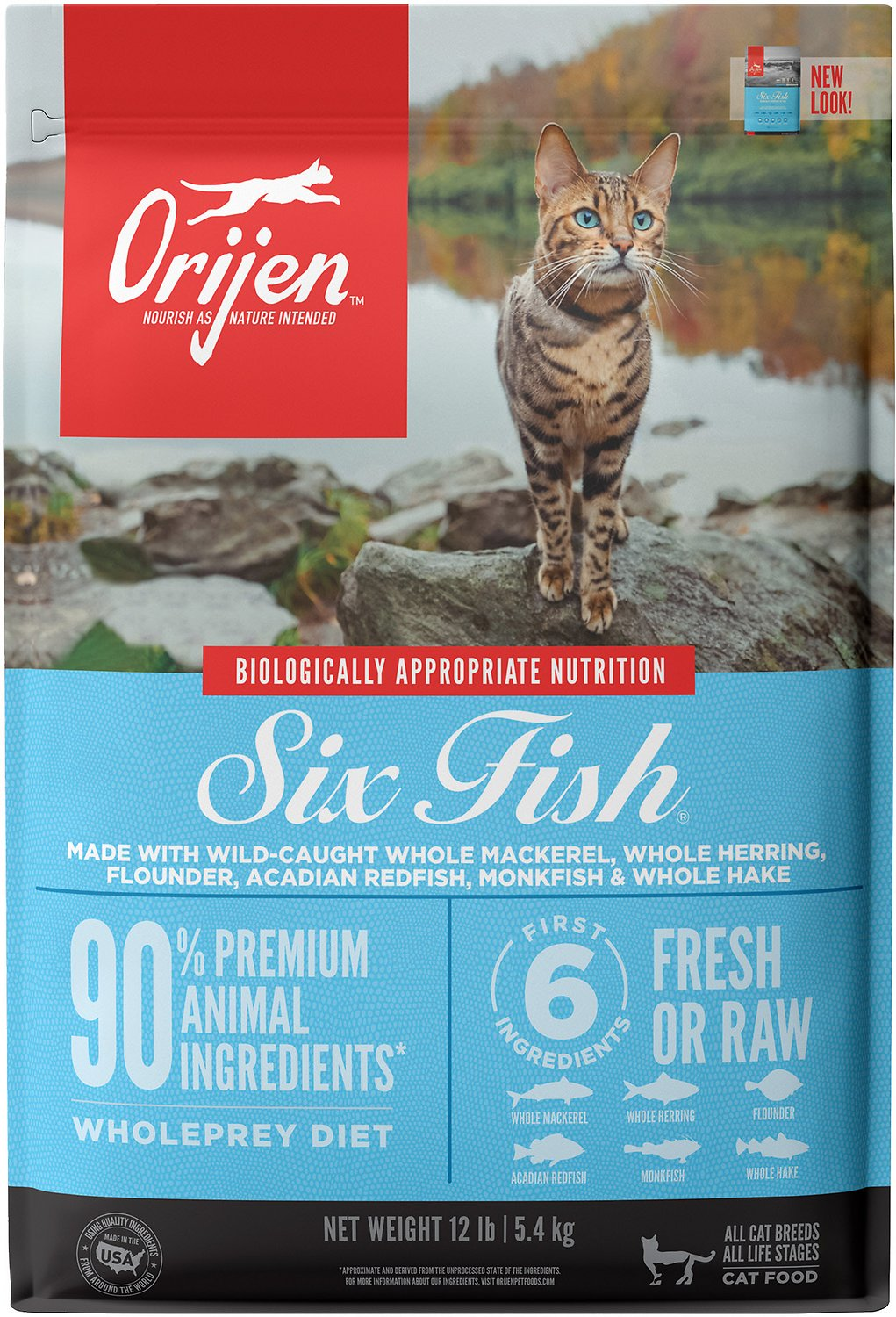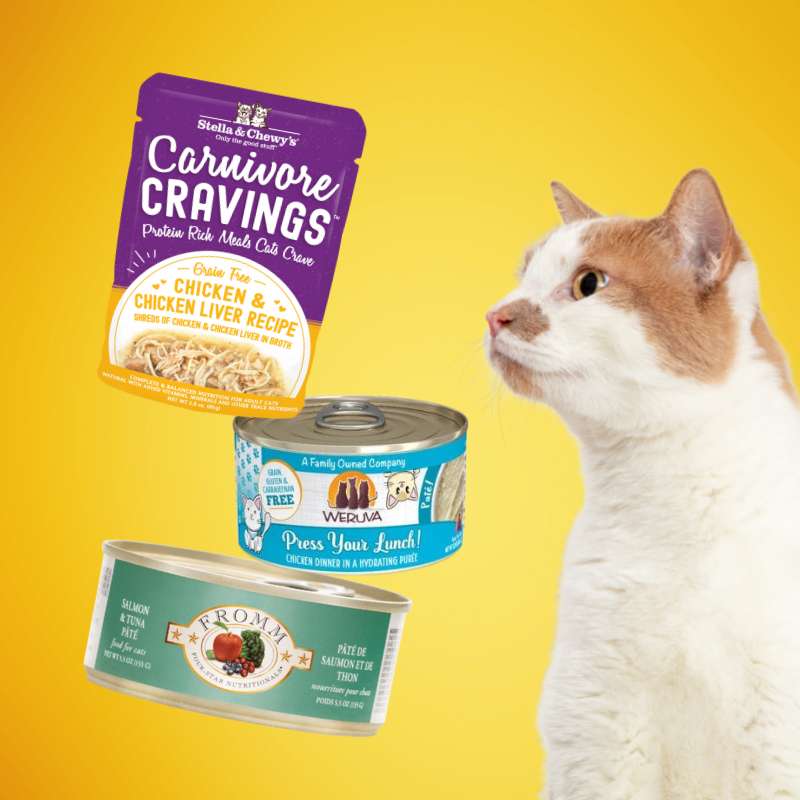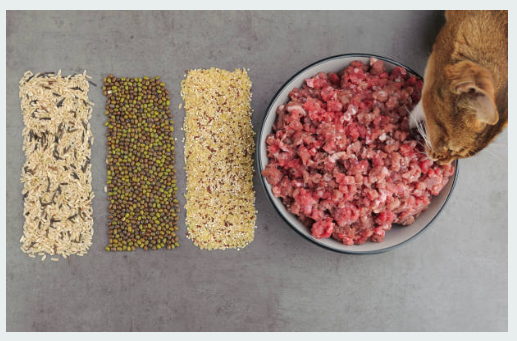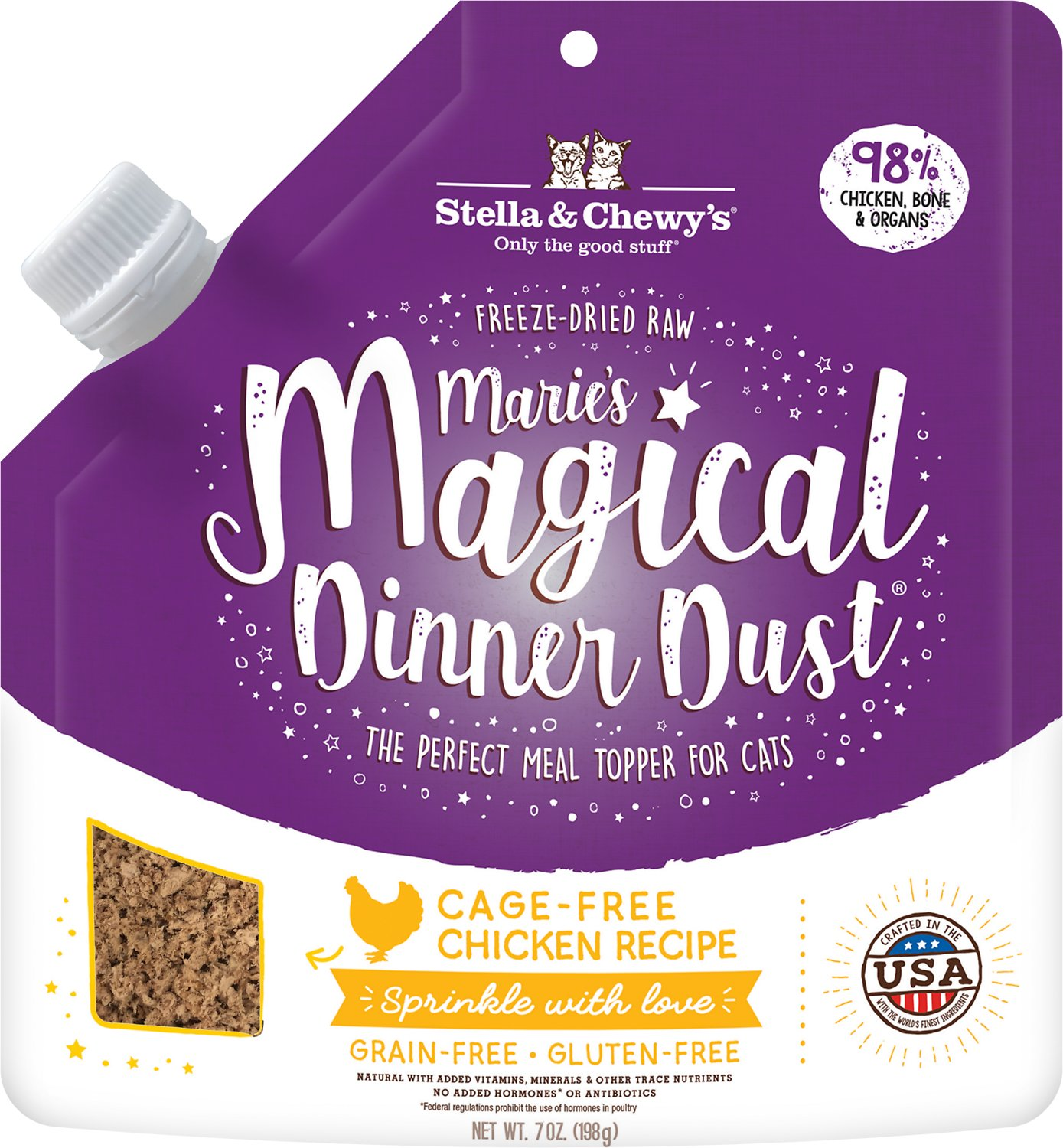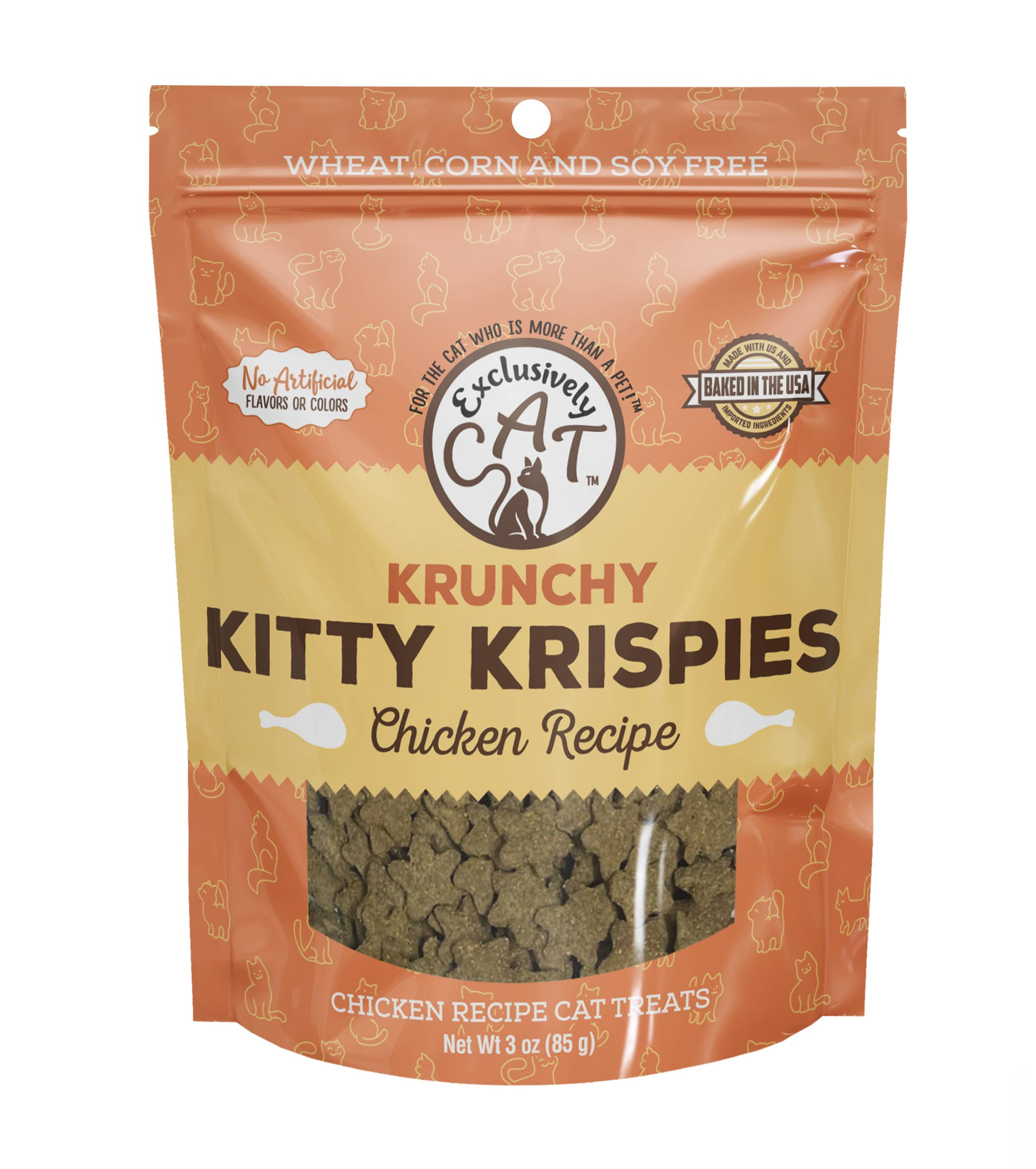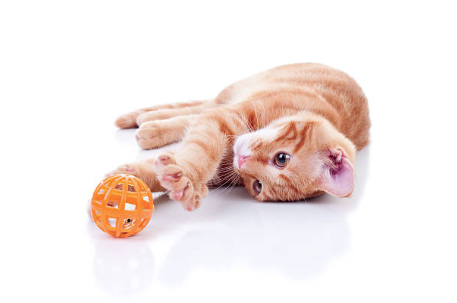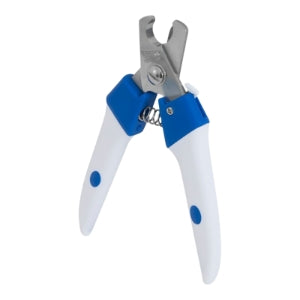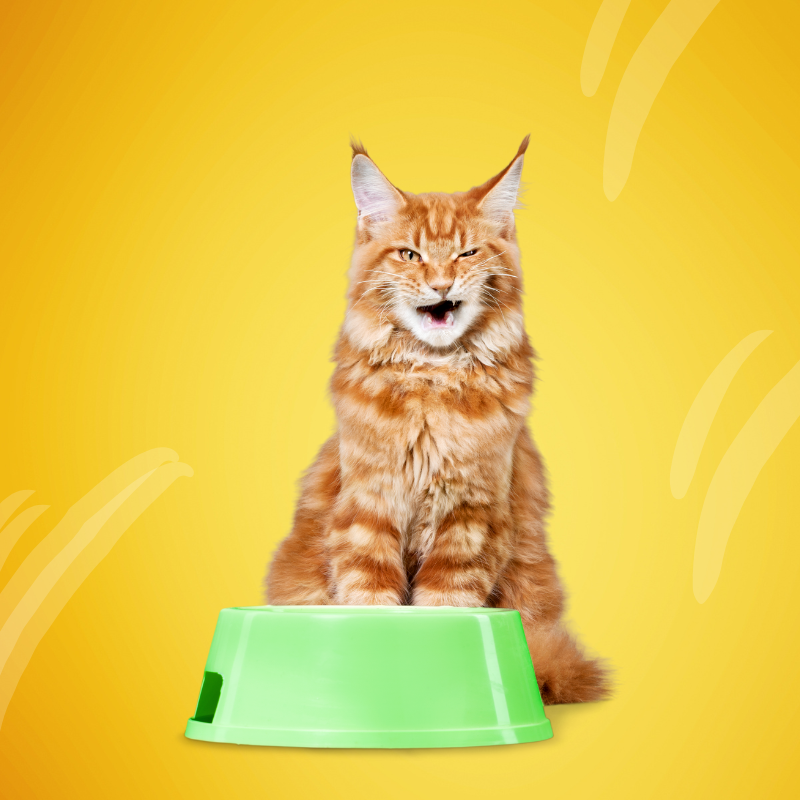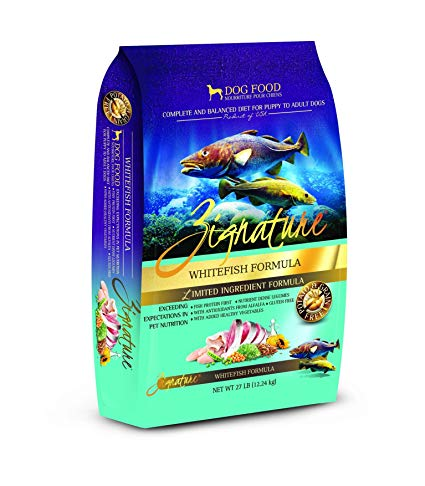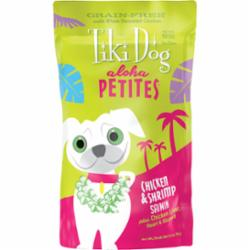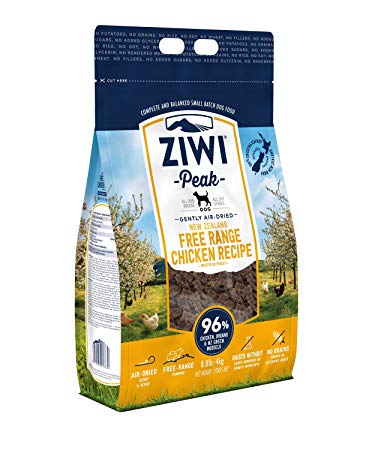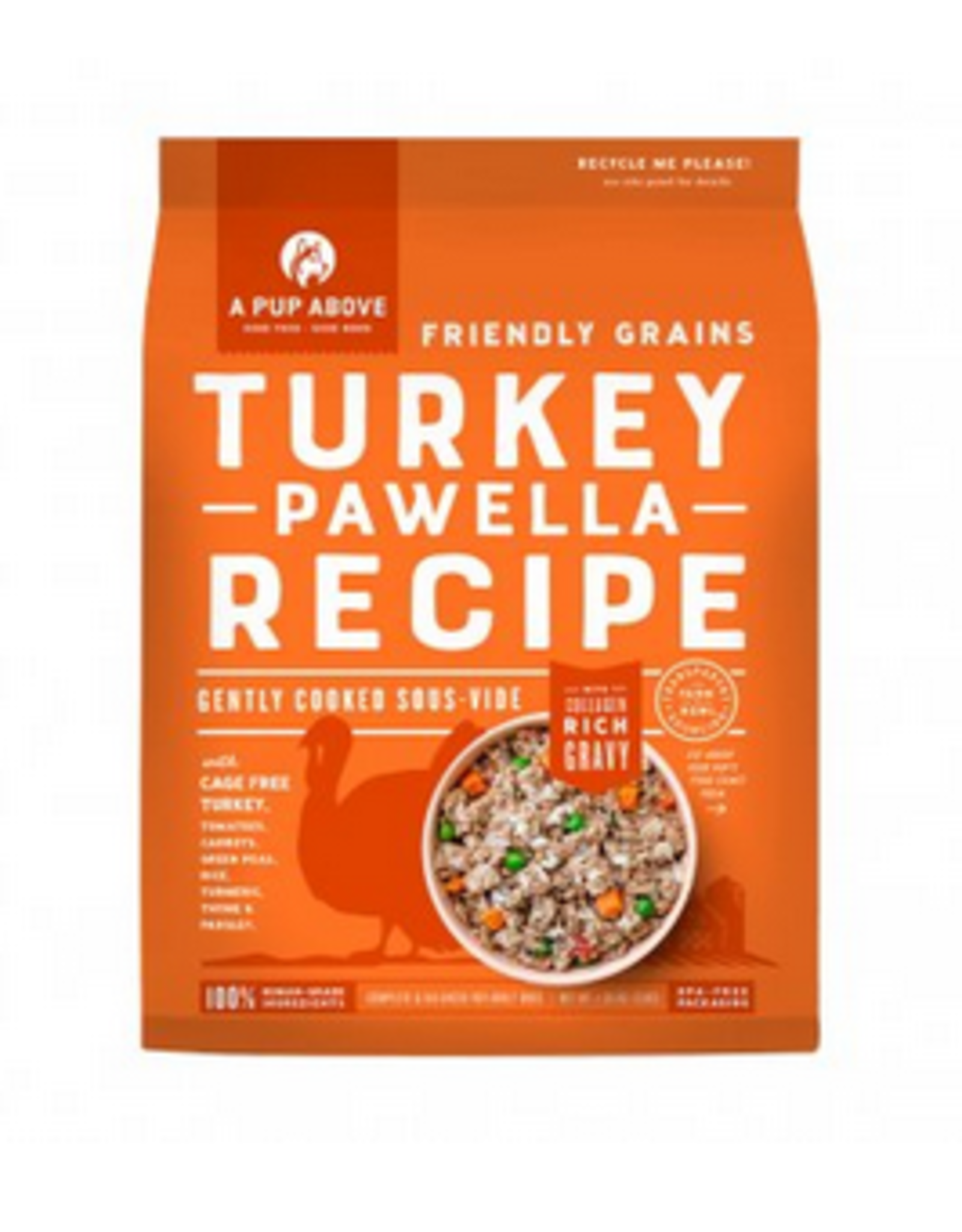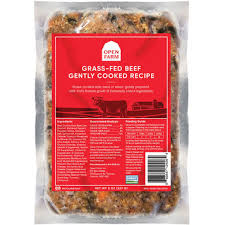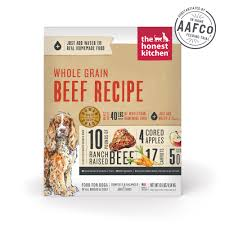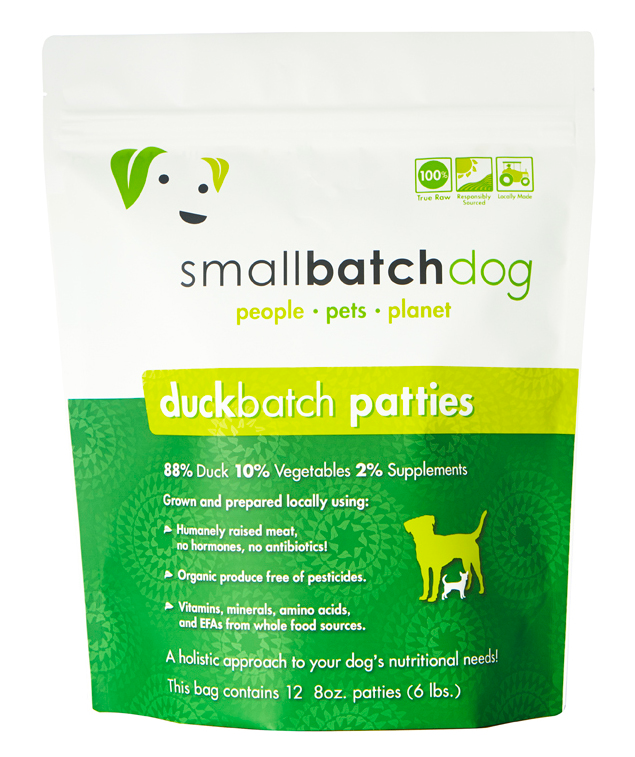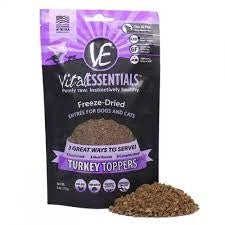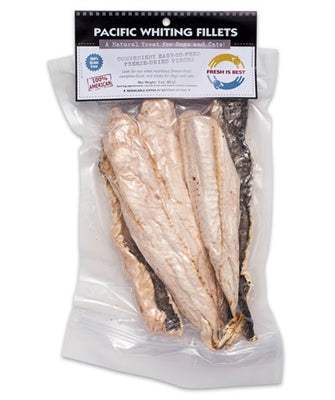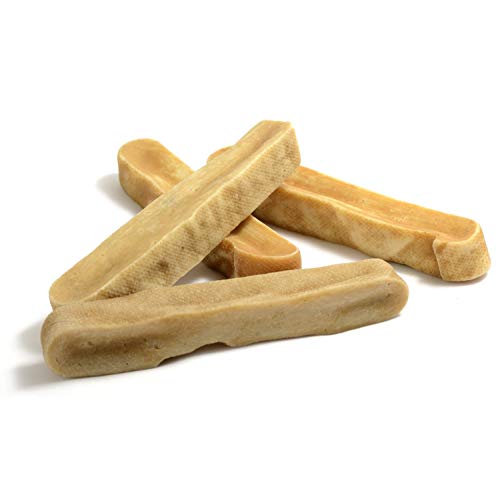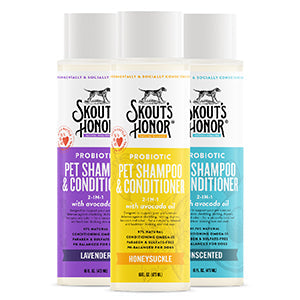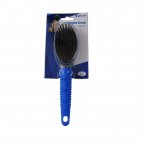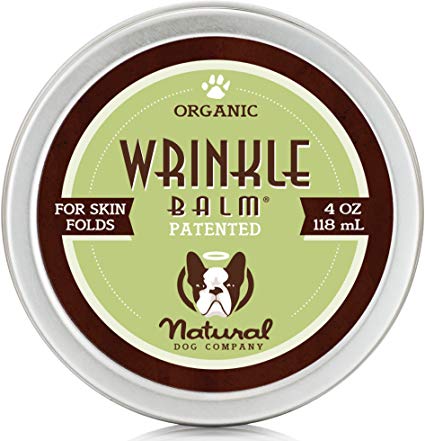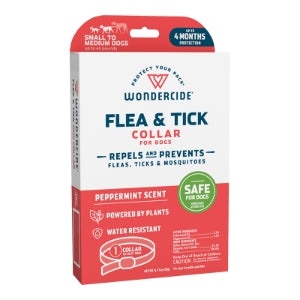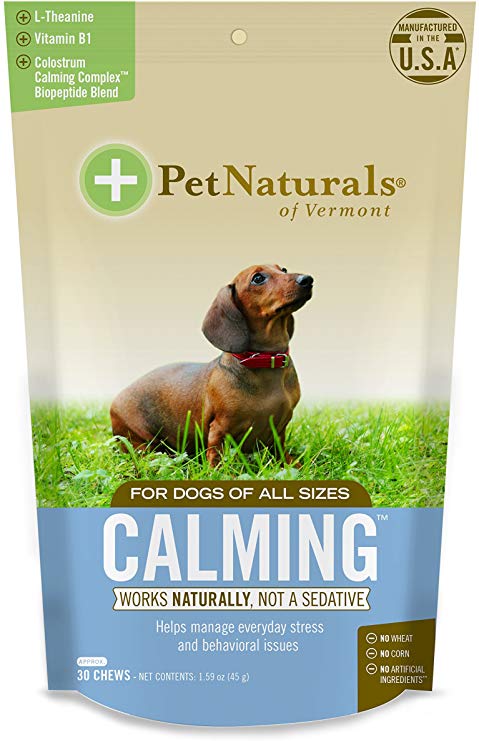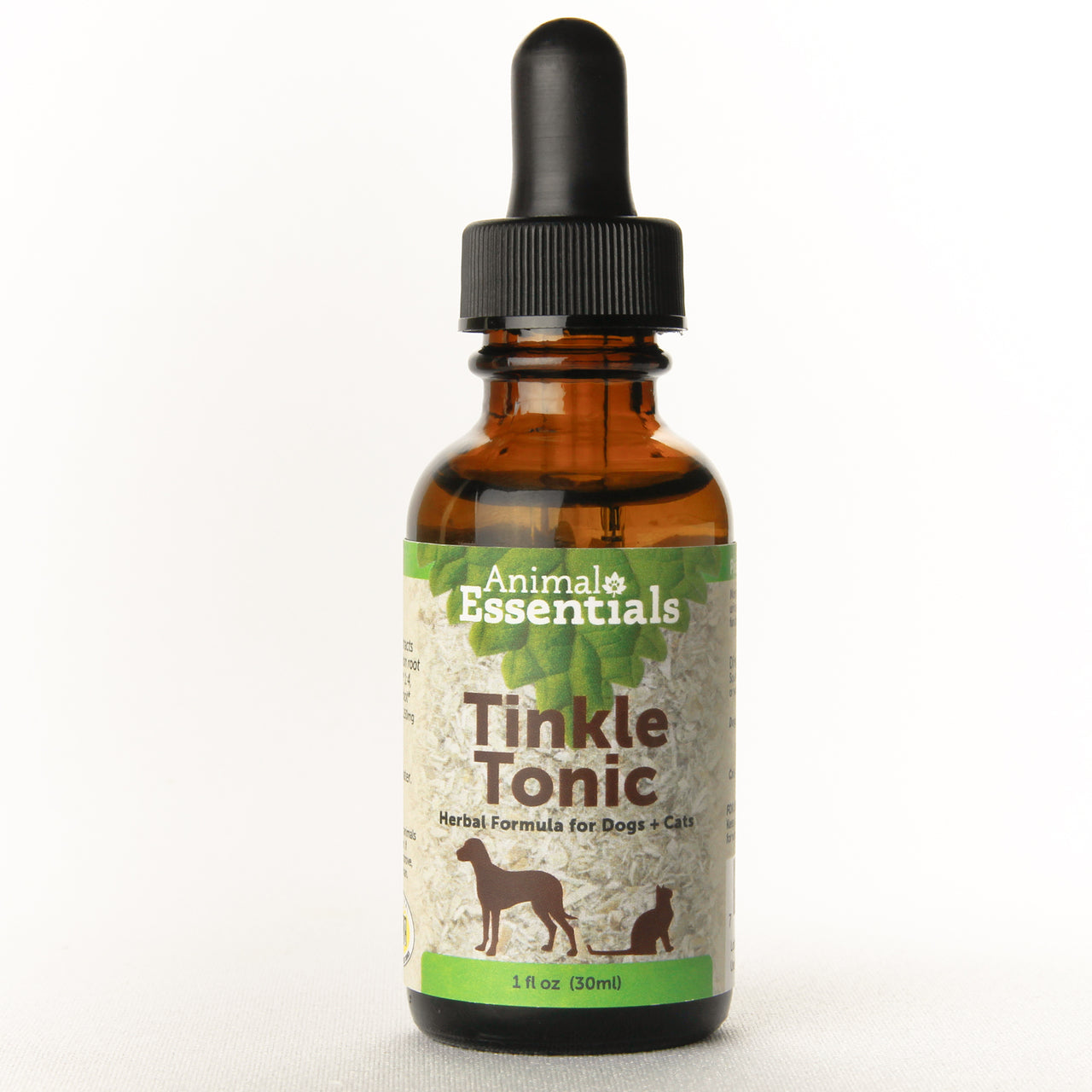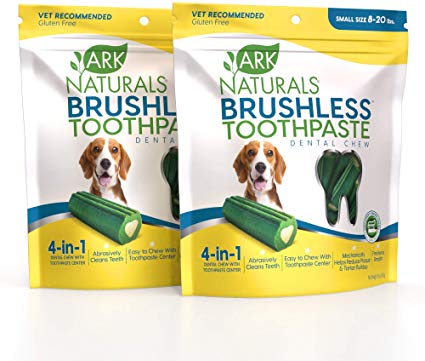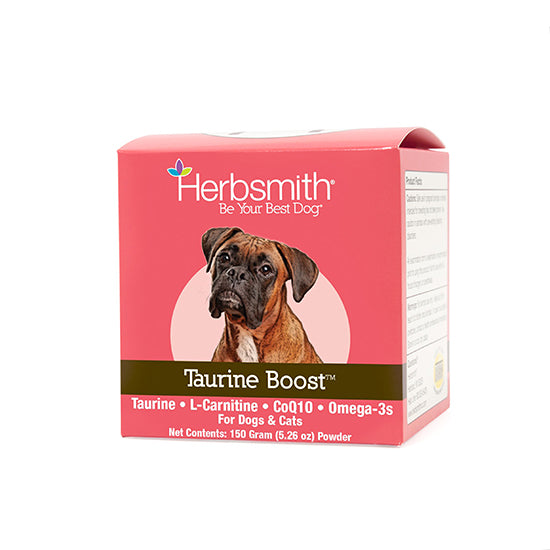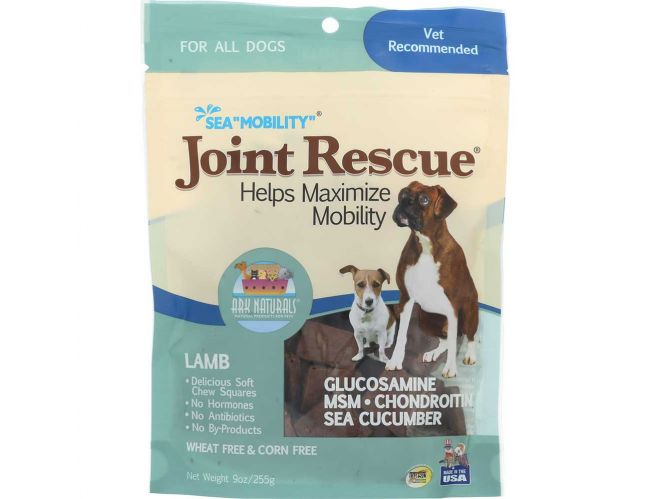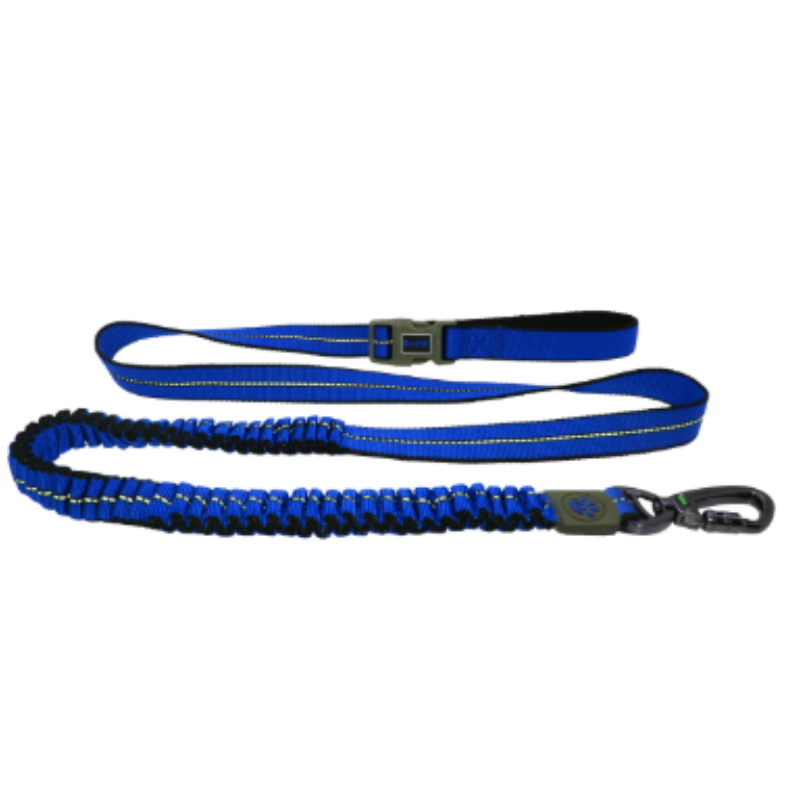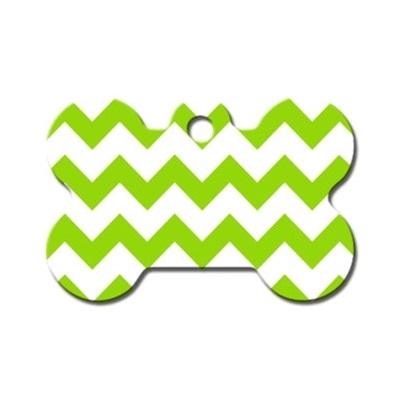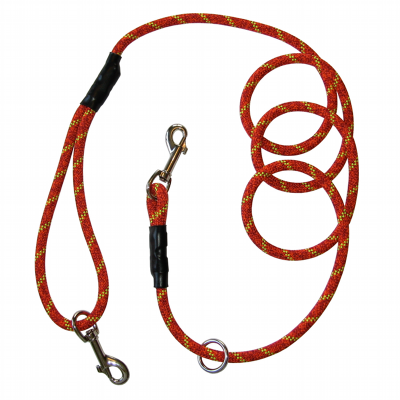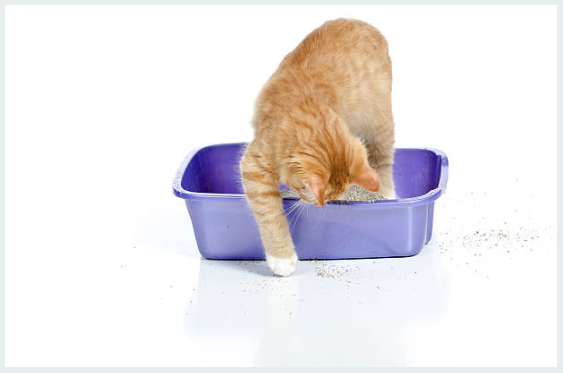Frequently Asked Questions
1. What are common symptoms of digestive issues in pets?
2. What natural remedy can I use for my pet's digestive upset?
3. Are there dietary adjustments I can make for better digestion in my pet?
4. When should I consult a veterinarian for my pet's digestive issues?
5. How can I maintain my pet's digestive health long-term?
As pet owners, we understand that our furry companions can sometimes face digestive issues just like humans do. From occasional bloating to more serious gastrointestinal troubles, it’s crucial to address these problems gently and effectively. In this article, we will explore natural remedies for common pet digestive issues, offering solutions that can help ease discomfort and restore your pet's health.
Understanding Digestive Issues in Pets
Before diving into natural remedies, it’s important to understand what digestive issues are and how they can affect your pet. Common symptoms of digestive issues in pets may include:
- Vomiting
- Diarrhea
- Constipation
- Bloating
- Lethargy
Digestive disorders can be triggered by diet, stress, or underlying health conditions. While it’s always best to consult a veterinarian if problems persist, there are several natural remedies that can provide relief for your pet.
Homemade Solutions for Digestive Comfort
1. Pumpkin Puree
Pumpkin is a fantastic natural remedy for both diarrhea and constipation. Its high fiber content helps regulate your pet’s digestive system. You can add plain, canned pumpkin (not the spiced kind) to your dog or cat's food. Just a tablespoon can do wonders for their digestion.
2. Probiotics
Like humans, pets can benefit from probiotics, which are beneficial bacteria that promote gut health. You can find probiotic supplements specifically designed for pets, or you can incorporate natural sources such as yogurt or kefir. Just ensure these dairy products are plain and unsweetened, as some pets are lactose intolerant.
3. Plain Rice and Chicken
For pets experiencing digestive upset, a bland diet of plain, boiled rice and chicken can help settle their stomach. Avoid seasoning, as those can irritate their digestive tract. This diet is gentle and easy for their stomachs to process, providing a balanced approach to healing.
Herbal Remedies for Digestive Health
4. Ginger
Ginger is known for its anti-inflammatory properties and can soothe digestive upset. A small amount of ginger, either fresh or as a powder, can be added to your pet's food. For dogs, approximately 1/4 teaspoon of ginger powder can help alleviate nausea and aid digestion.
5. Peppermint
Peppermint tea is another natural remedy that may help soothe an upset stomach and reduce bloating in pets. You can brew some peppermint tea, allowing it to cool, and give it to your pet in small quantities. Always check to ensure that your pet doesn't have any sensitivities to peppermint before trying this remedy.
Dietary Adjustments for Better Digestion
Sometimes, what you feed your pet can impact their digestive health. Making a few dietary adjustments can often alleviate common issues. Here are some tips to consider:
- High-Quality Food: Ensure you’re feeding your pet a high-quality diet free from fillers and artificial preservatives. Whole foods and natural ingredients support overall health.
- Proper Portions: Overfeeding can lead to digestive upset. Monitor portion sizes according to your pet's size and dietary needs.
- Regular Feeding Schedule: Establish a consistent feeding routine. Regular meal timings can help regulate your pet's digestive system.
- Hydration: Always provide fresh water for hydration, as water plays a vital role in digestion.
Safe Practices for Administering Remedies
6. Assess Risks
Before introducing any new remedies, it’s always best to consult with your veterinarian. Some natural ingredients may not be suitable for certain pets, especially if they are on medication or have pre-existing health conditions.
7. Start Slow
When introducing any new food or remedy, start slowly. Monitor your pet’s reactions closely to ensure they don’t have any adverse effects. Gradually increase the amount as you observe how they respond.
When to Seek Veterinary Help
While natural remedies can be very effective, it’s essential to know when to seek professional help. If your pet shows persistent symptoms, such as vomiting, diarrhea for more than 24 hours, lethargy, or signs of pain, contact your veterinarian immediately. These can be symptoms of more serious underlying health issues that need professional evaluation.
Caring for Your Pet's Digestive Health Long-Term
Maintaining your pet's digestive health takes more than just addressing issues as they arise. Here are some proactive measures you can adopt:
- Regular Vet Check-ups: Routine veterinary visits can help catch any potential problems early.
- Balanced Diet: Ensure your pet’s diet is well-balanced, providing all necessary nutrients for optimal health.
- Exercise: Regular exercise can also play a significant role in digestion by stimulating normal gut movement.
- Minimize Stress: Since stress can impact digestion, create a calm and loving environment for your pet.
Final Thoughts: Keep Your Pet Happy and Healthy
Addressing your pet’s digestive issues doesn’t have to be complicated. By incorporating simple natural remedies and making thoughtful dietary adjustments, you can help your furry friend feel their best. Remember to approach any new remedy or dietary change with caution and always consult with a veterinarian when in doubt. With the right care, your pet can enjoy a happier, healthier life, free of digestive distress!


